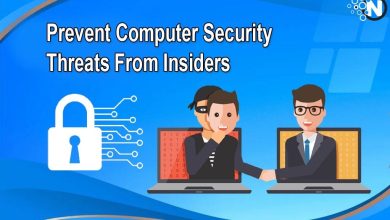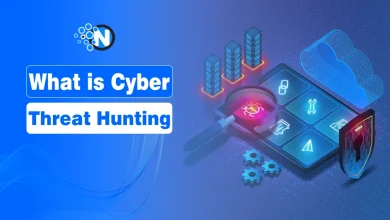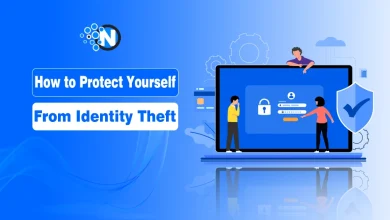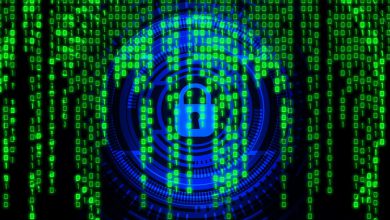How To Manage Cybersecurity Attacks As An iGaming Business?
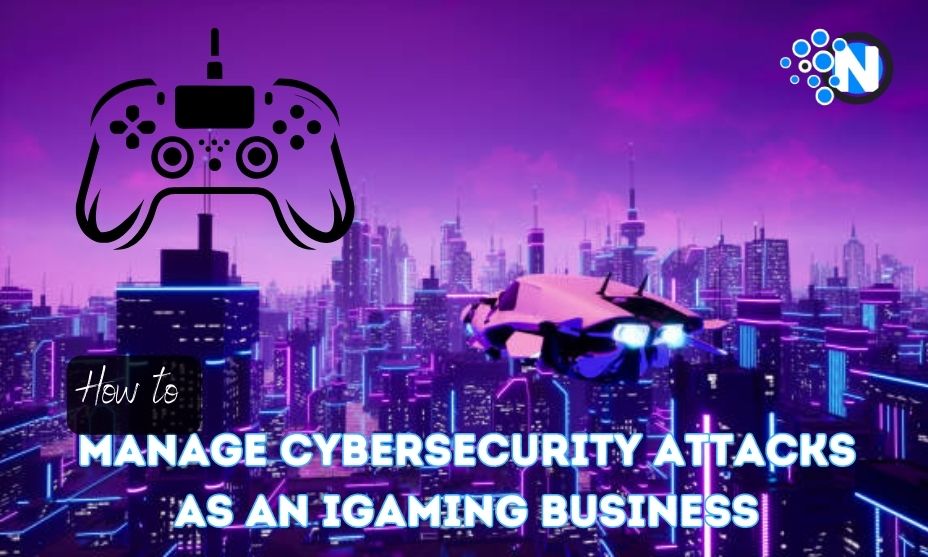
Some of the biggest companies in the world have only as strong of cybersecurity as their most vulnerable line of code. Though advanced firewalls, rules, and security measures shield personal, financial, and sensitive data, hackers will still attempt to steal sensitive data or information. The iGaming sector is not an exception regarding player data protection; rather, it is designed to be the norm in the industry.
Keep reading the blog post to learn how you can manage cybersecurity attacks as an iGaming business and protect players’ data and info.
Cybersecurity Tips for iGaming Businesses
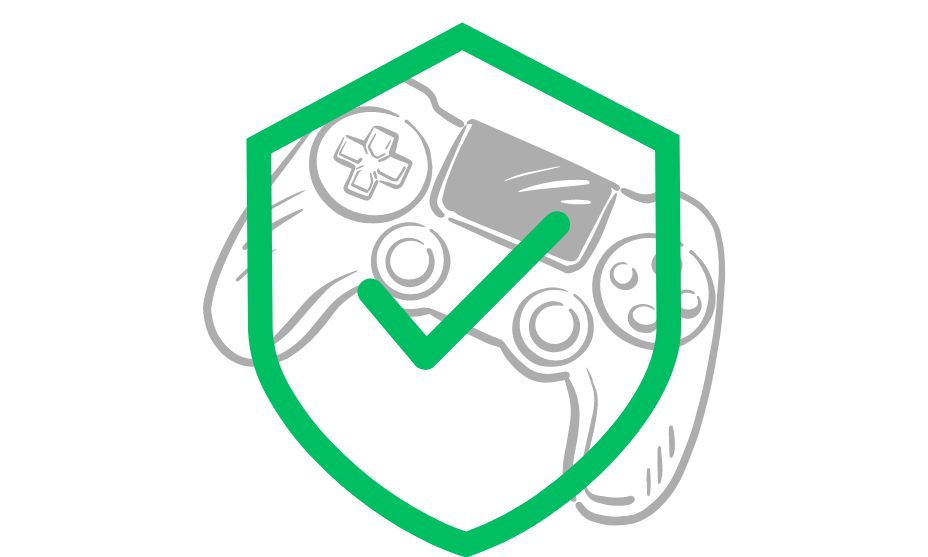
The SIEM Protocol
Numerous lockdowns just a few years ago led to a great deal of revolutionary change in the world. One of those was the shift to a hybrid or totally remote work environment. Safety information and management of events, or SIEM protocol, ensures that every possible point of data entry within a company is safeguarded.
Practically speaking, cybersecurity procedures must equally safeguard all of your servers, all of your employees, and all of your iGaming company premises.
Any iGaming business has its whole reputation on the line, hence data breaches are unacceptable. Some of the top online games succeed in the market by establishing confidence with their players by offering flawless data and cyber defense and guaranteeing the privacy of their data.
Scheduling Routine Safety Inspection
One hack can bring the whole cybersecurity chain down. Even comparing the current year to the previous one, we will discover significant changes in the history of cybersecurity. Cybersecurity changes to keep a step ahead of any possible, ever-present hackers.
For this reason alone, iGaming businesses rigorously evaluate their cybersecurity protocols on a regular basis. Experts advise e-gamers to manage their finances using registered tools like Matrixator for a secure finance and data management experience.
With the development of technology, artificial intelligence (AI) even contributes to the fight against cybersecurity threats. Since it can carry out an astounding number of tests, simulate and discover potential weak points and situations considerably more effectively, and even propose improvements.
Ethical Hackers
It is hard for cybersecurity professionals to imagine themselves as a possible hacker. Most security specialists are unable to understand the technique of hacking that involves entering the minds of individuals who want to get past your well-designed security systems. That is why ethical hackers are a type of safety outsourcing program.
While using authorization and under contract, ethical hackers use the same tools and strategies as normal hackers. Thus, without compromising the data, ethical hackers expose the weaknesses and shortcomings of cybersecurity measures. It contributes to the development of stronger and more reliable systems.
Fundamental Defense
Casino websites still need to focus on enterprise DDoS, separately hosted networks, and API protection or WAAP. These steps form the cornerstone of cybersecurity and should always receive top priority. Private hosted networks guarantee that all flowing data stays within predetermined bounds and provide a preset amount of entry points.
With such an easier-to-manage local virtual environment, iGaming businesses can manage their servers and customers. DDoS assaults have the ability to crash servers and interfere with service, which affects end users’ satisfaction and smooth gaming.
DDoS safeguards and developing software & protocols to identify early warning indications ensure servers operate at their best. Proactively thinking ahead saves important time and money because service interruption damage might continue until identifying the breach and implementing countermeasures, which is very hard and time-consuming to achieve in real-time.
Finally, anyone may use iGaming firms’ API, which is great but renders it vulnerable to attackers. WAAP (Web Application plus API Protection) keeps iGaming companies’ web apps running and API secure.
Why Should iGaming Businesses Take Cyber Threats Seriously?
Cybersecurity issues represent serious dangers to the integrity of the company and the confidence of its players in the quickly growing iGaming industry.
For iGaming companies to guarantee steady expansion, preserve their brand, and safeguard private information, they must treat cyber risks seriously and handle them well.
Data Protection
iGaming systems handle massive amounts of financial, personal, and private data on a daily basis. Severe repercussions from a breach of this data include theft of identities, financial damage, and regulatory fines.
By keeping this private data safe, good cybersecurity measures maintain players’ confidence and stop data thefts that could otherwise have serious financial and legal consequences. They should also promote the use of trading bots like matrixator for players to manage their digital currencies rightly.
Player Trust
A keystone of the iGaming business is upholding player trust. When they use internet casinos and betting sites, players need to be sure that their financial and personal data is safe. Any betrayal of this confidence may cause the user base to drop and consumer loyalty to erode.
Putting cybersecurity first shows that iGaming firms care about player safety, which fosters trust and loyalty.
Tuning in to Rules
The iGaming sector is highly regulated; strict privacy and security of data rules control how it operates. Operating licenses may be revoked, legal challenges and large fines may follow noncompliance with these rules.
Strong cybersecurity measures enable iGaming businesses to comply with these legal obligations, preventing expensive fines and guaranteeing continuous operations of the business.
Final Opinion
To protect sensitive data, keep player trust, and abide by strict rules, iGaming companies must manage cybersecurity threats effectively. iGaming businesses can guarantee the confidentiality and reliability of their operations by using strong protocols like SIEM, carrying out routine safety tests, hiring ethical hackers, and investing in basic defenses.
Avoiding data breaches protects against theft of identities, monetary damage, and legal repercussions. The reputation of the company and consumer loyalty depend on player trust being maintained. Regulation compliance saves one from heavy fines and legal troubles. Giving cybersecurity priority creates a safe atmosphere that promotes long-term success and expansion in a very competitive sector.

